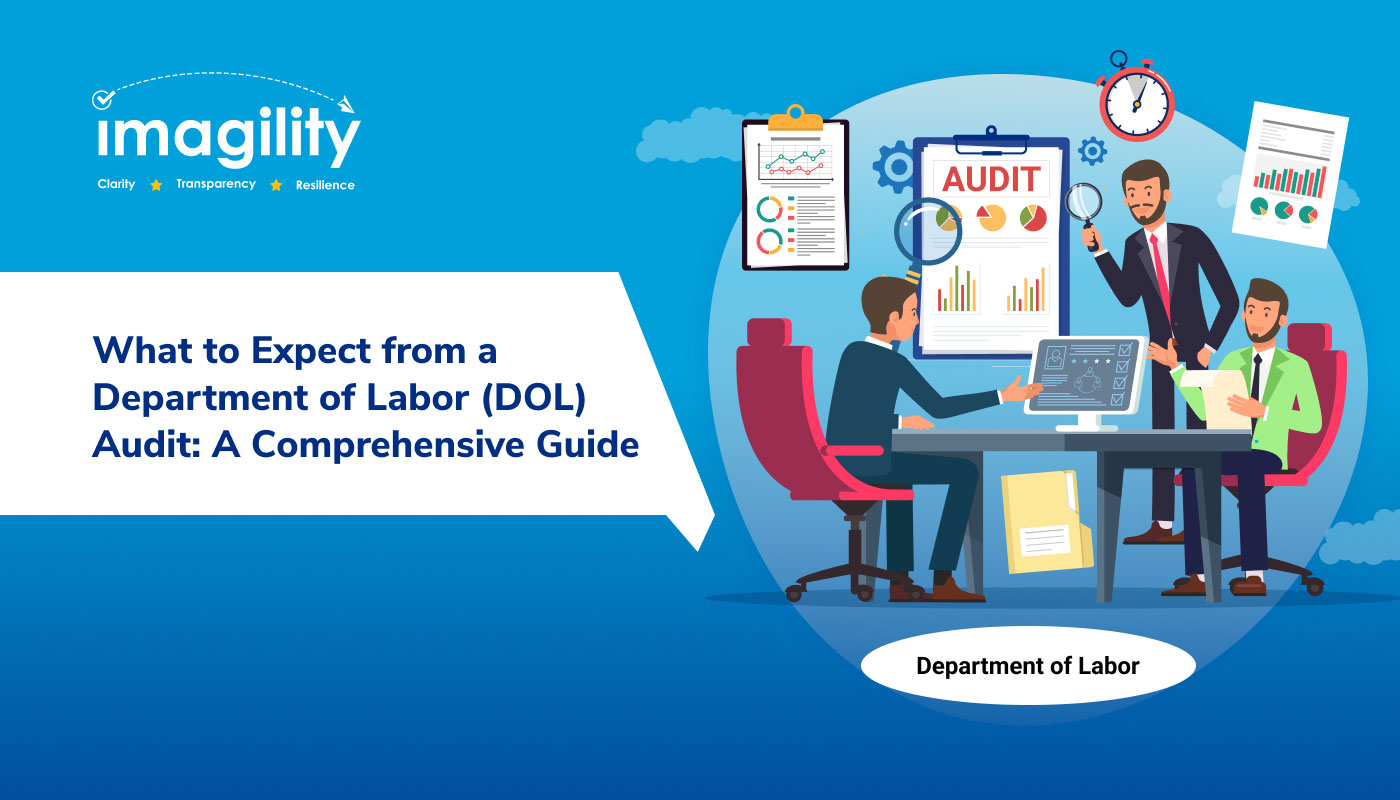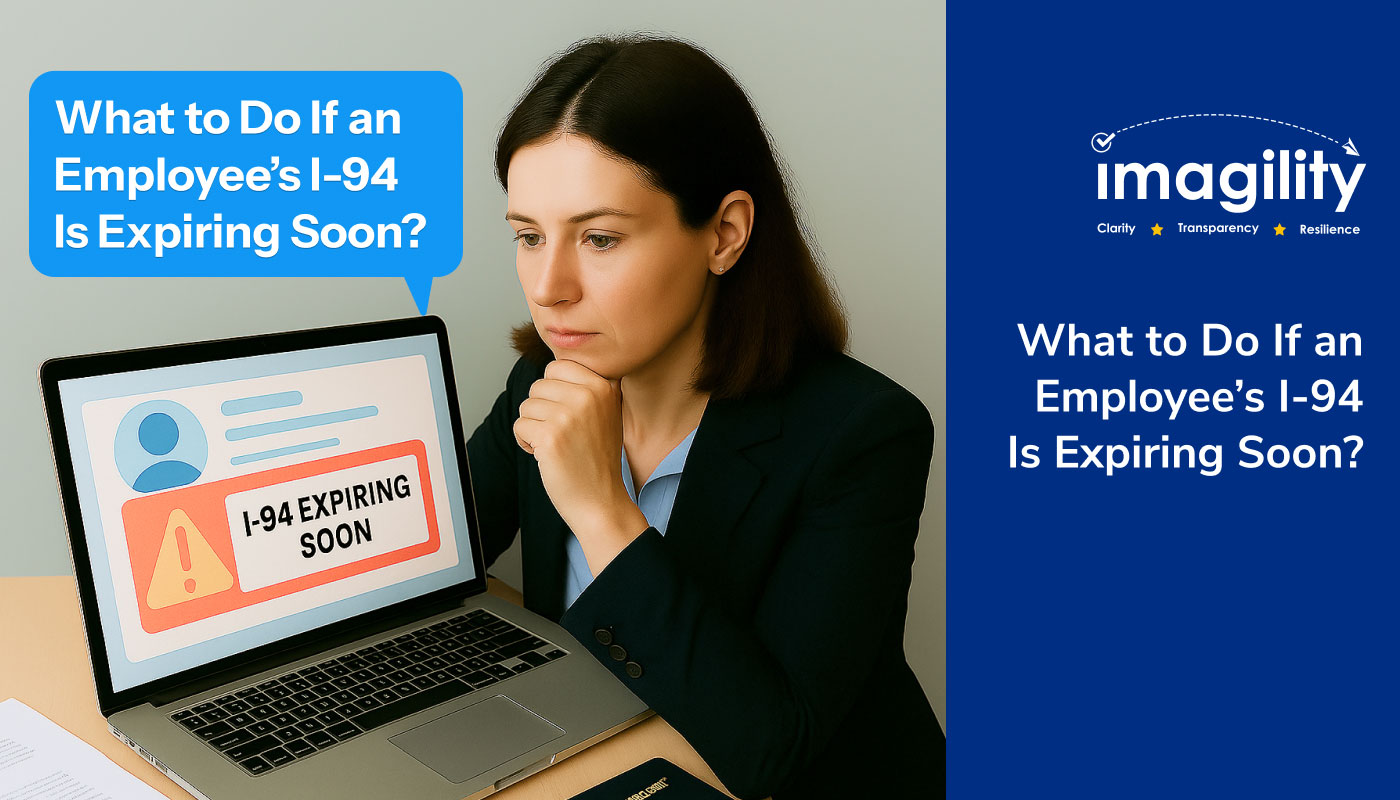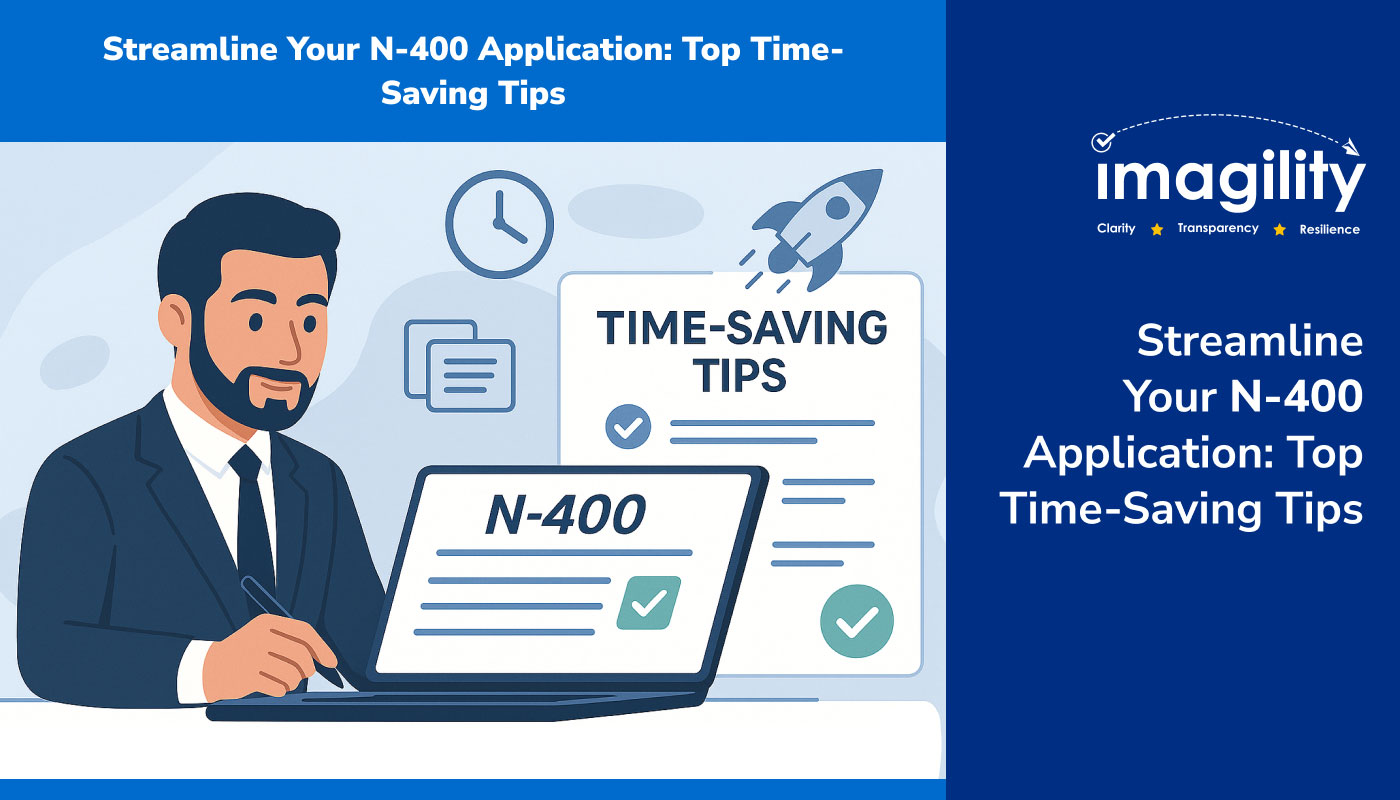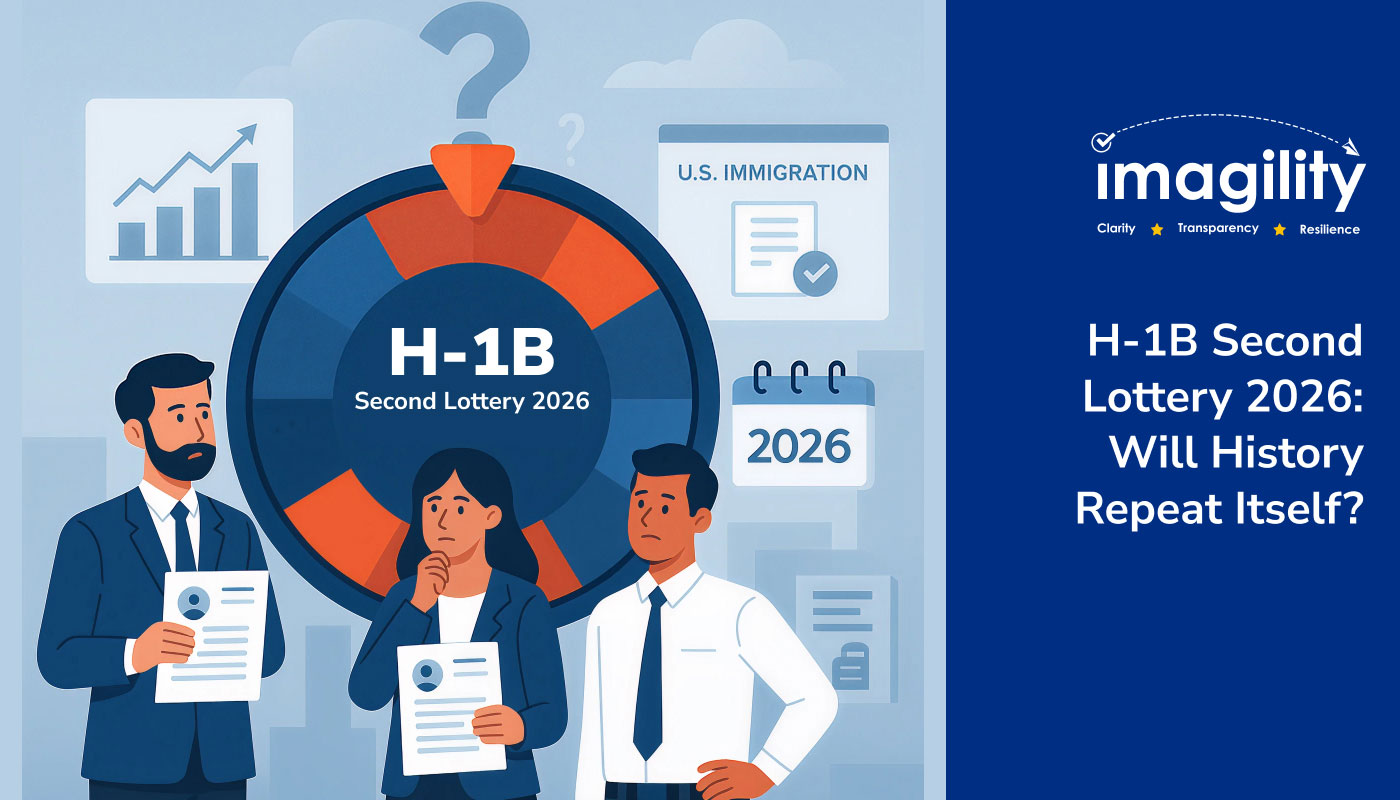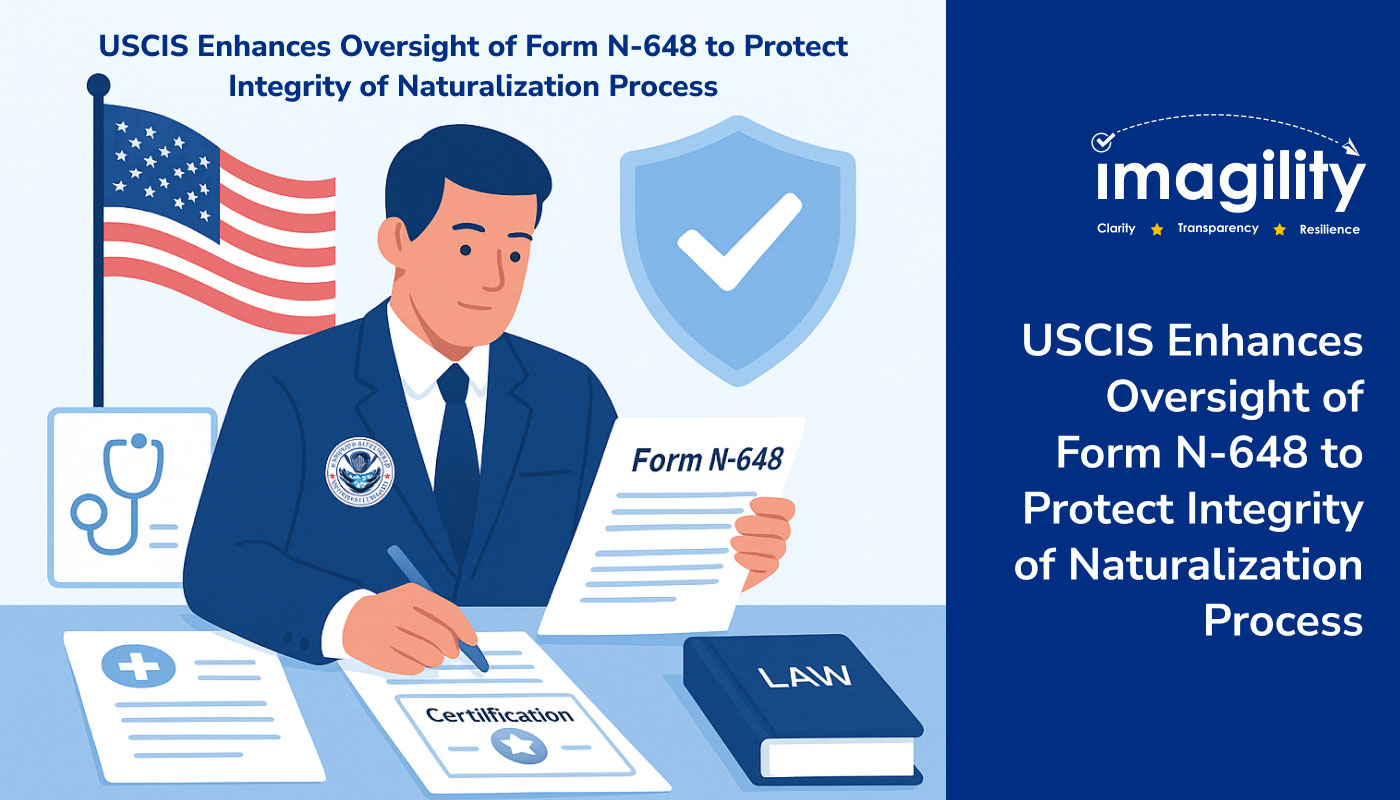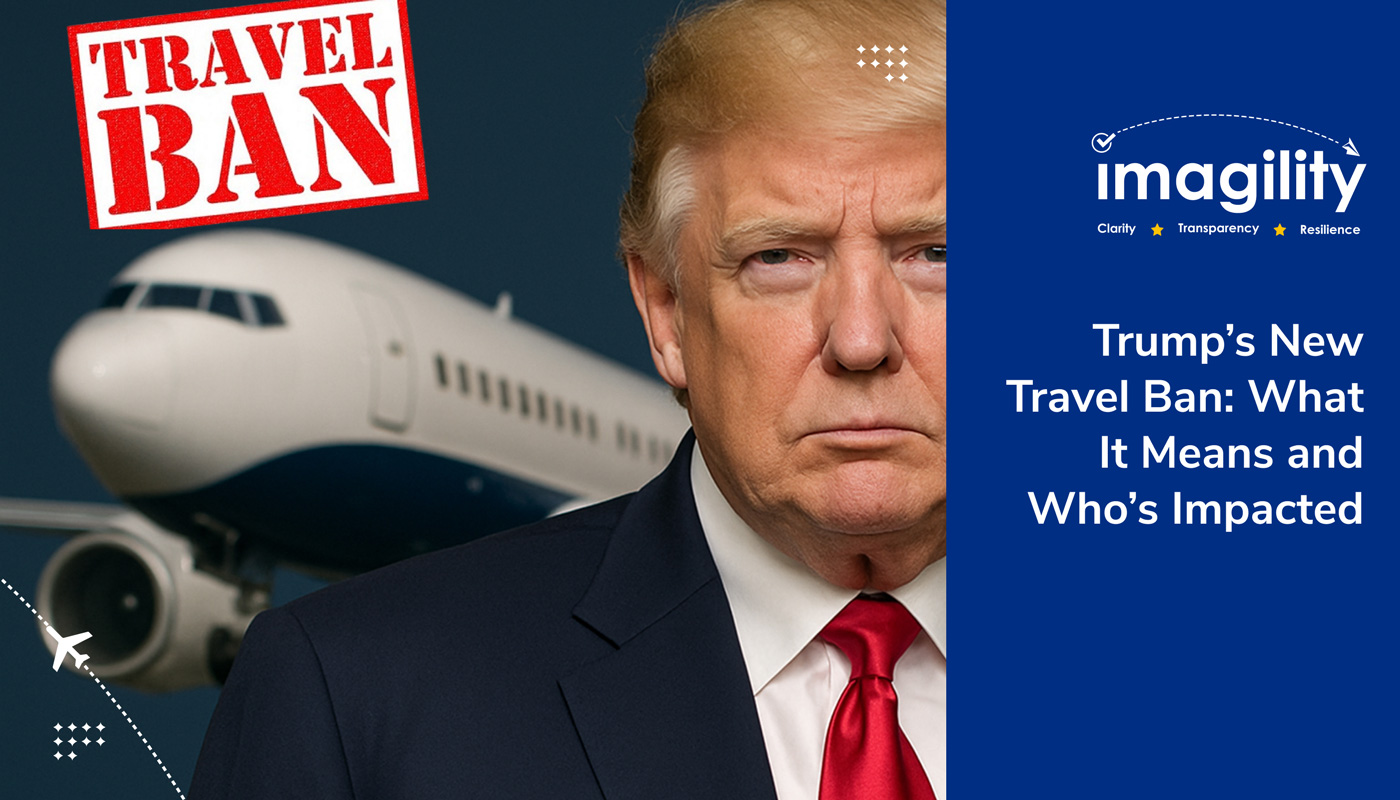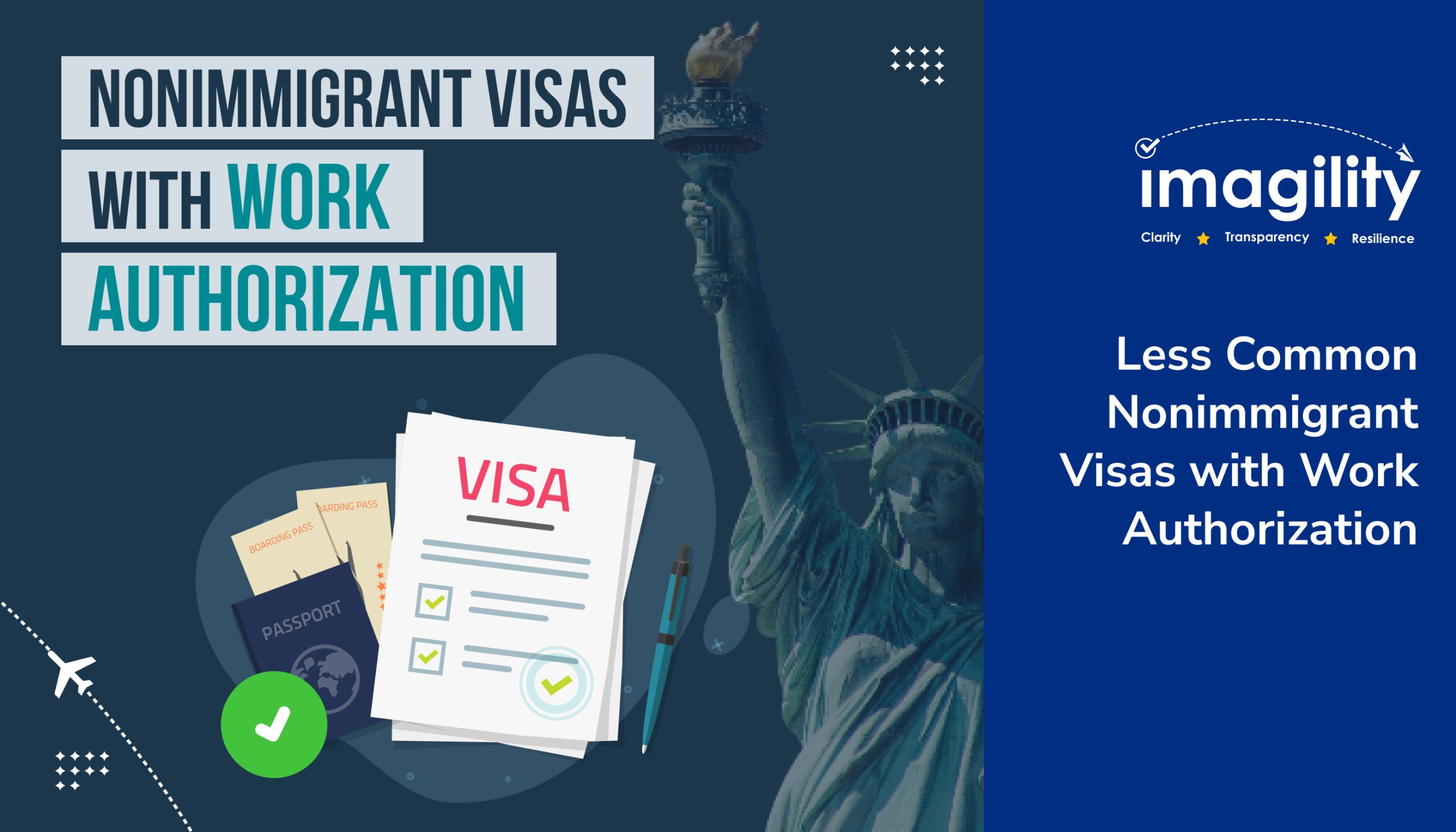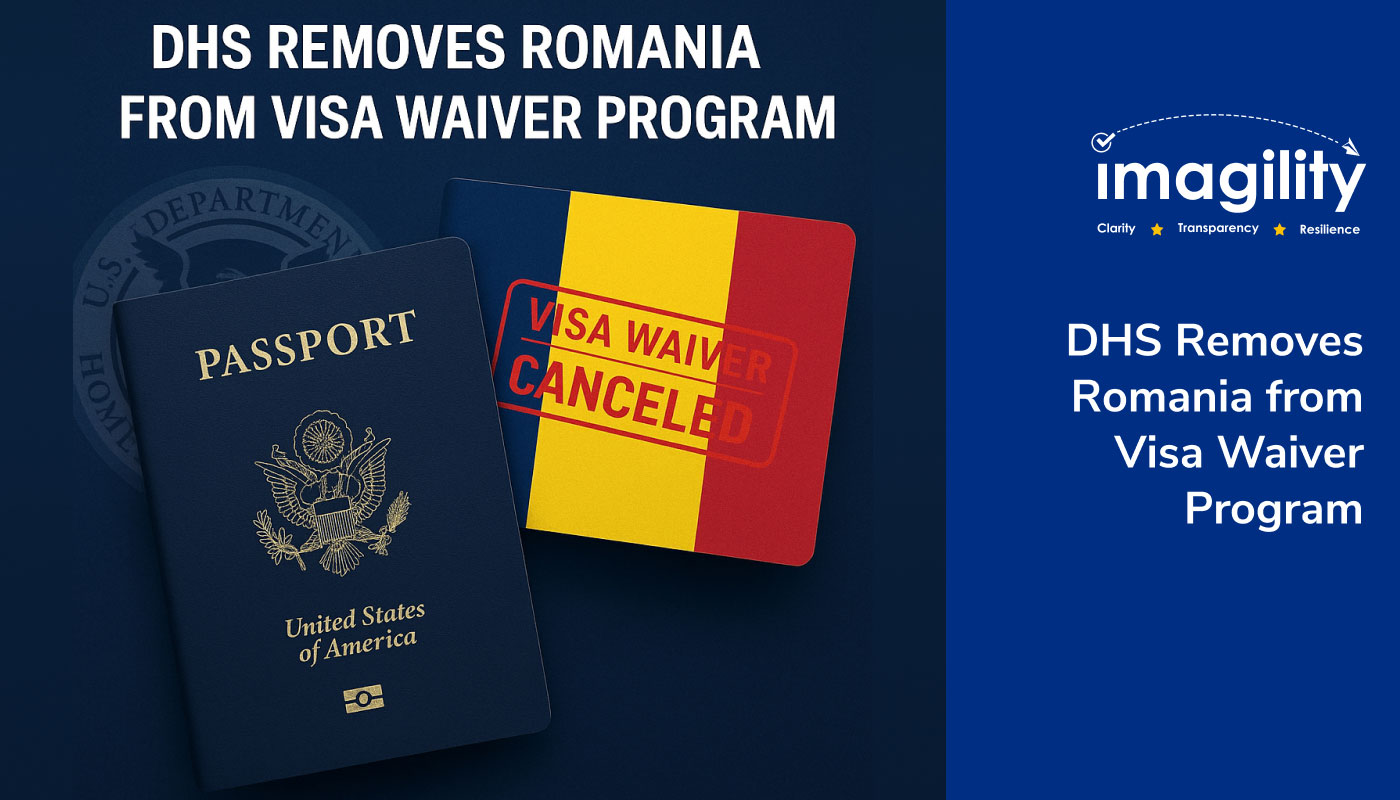Discover the intricacies of DOL H-1B audits, why they happen, key document requirements, and potential consequences
Facing a Department of Labor (DOL) H-1B audit can be extremely daunting to businesses. The DOL, tasked with enforcing labor laws and regulations, plays a vital role in making sure that the rights of both employees and employers are protected. The aim of the audit is to ensure compliance with U.S. labor laws. The Wage and Hour Division of the DOL conducts DOL audits for H-1B cases.
With the right knowledge and preparation, organizations can easily navigate this process and ensure their compliance with labor laws. This comprehensive guide includes what you can expect from a DOL H-1B audit, why these audits occur, how to prepare, how to survive a DOL H-1B audit, and steps to take during and after the audit.
Navigating DOL H-1B Audits
It is crucial for H-1B visa holders and sponsoring employers to be aware of the H-1B audits. These H-1B DOL audits focus on ensuring compliance with the requirements of the H-1B visa program.
The following are the factors based on which the DOL may initiate an audit.
- Employee complaints
- Referrals from US embassies
- Random selection
During an audit, the DOL may review the employer’s Labor Condition Application (LCA), payroll records, and other documents to verify that the employer is paying H-1B workers the prevailing wage, providing them with the required benefits, and not displacing US workers. The DOL may also interview employees to gather additional information.
If the DOL finds that an employer is in violation of the H-1B visa program, the employer may be subject to civil penalties, debarment from the program, or other sanctions. Penalties for DOL violations can vary, ranging from $1,000 to $35,000 per violation. The fines can even be higher and it depends on the severity and nature of the violations.
Why H-1B Audits Occur
H-1B audits aim at making sure whether employers are adhering to the terms and conditions of the H-1B program. There are various factors that trigger these audits.
- Random Selection: H-1B audits are initiated randomly, as part of the government’s efforts to ensure overall H-1B program compliance.
- Employee Complaints: In some cases, employee complaints can lead to H-1B audits. This happens when they allege violations related to wage levels, working conditions, or other program requirements.
During a DOL H-1B audit, common H-1B program violations that can be identified can involve:
- Not paying H-1B workers the prevailing wage
- Not providing required benefits to H-1B workers
- Replacing US workers with H-1B workers
- Making false or misleading statements on the LCA
- Failing to maintain the mandatory Public Access File
When the DOL identifies H-1B program violations by an employer, it can lead to civil penalties, program debarment, or other sanctions.
Key Documentation for H-1B Audits
When employers receive notifications about an H-1B audit, they must be prepared to provide specific documentation related to their H-1B workers. Following are some of the documents they might have to present.
- H-1B Petitions: They must keep copies of approved H-1B petitions for each sponsored employee, including all supporting documentation filed with the United States Citizenship and Immigration Services (USCIS).
- Labor Condition Applications (LCAs): LCAs are an important aspect of the H-1B process. Employers must maintain and provide copies of LCAs, ensuring they remain compliant with the stated wage levels and working conditions.
- I-129 Forms: Copies of Form I-129 must be presented. This form should accurately reflect the terms of employment for H-1B workers.
- Payroll Records: Detailed payroll records, including wage rates, pay stubs, and timekeeping records for H-1B employees, to demonstrate compliance with prevailing wage requirements.
- Public Access Files: Public Access Files are a key element of H-1B compliance; these files must be maintained for each sponsored employee and should include LCAs, wage information, and more.
Consequences of H-1B Violations
Non-compliance with H-1B requirements during an audit can lead to various consequences.
- Loss of Status: H-1B workers found to be out of status due to employer violations may face deportation or the inability to extend their visas.
- Fines and Penalties: Employers can be subject to fines, penalties, and back wage payments if violations are identified.
- Future Eligibility: Violations may impact an employer’s ability to sponsor H-1B workers in the future.
- Revocation of Petitions: USCIS may choose to revoke previously approved H-1B petitions if non-compliance is discovered.
DOL H-1B Audits – Quick Recap
Things you can expect from a DOL H-1B audit
- The auditor will review your organization’s employment records, including payroll records, W-2 forms, and I-9 forms.
- The auditor may interview your employees.
- The auditor will look for violations of labor laws, such as wage and hour violations, discrimination, or retaliation. In the case of H-1B audits, specific visa program compliance will also be assessed.
Tips on how to prepare for a DOL H-1B audit
- Keep employment records, including records of the wages of H-1B workers, hours, and job duties, up-to-date and in order.
- Make sure you understand your obligations under labor laws and visa program requirements.
- Train your employees on their rights and compliance with visa regulations
- Be ready to answer the DOL representative’s questions, including those related to H-1B program compliance.
- Keeping the required Public Access File up-to-date
- Avoiding replacing US workers
- Ensure H-1B workers are being paid the prevailing wage
Steps to take during an audit
- Be cooperative with the DOL representatives, addressing both labor law and visa-related inquiries.
- Provide the auditor with all the required information, ensuring compliance with both labor laws and H-1B program rules.
- Answer the auditor’s questions truthfully, addressing concerns related to both general labor compliance and H-1B program adherence.
Steps to take after a DOL H-1B audit
- Review the auditor’s report carefully, considering both labor law and H-1B program findings.
- If you disagree with any of the findings, you can file a written appeal.
- If you are found to have violated labor laws or H-1B program requirements, you will need to take steps to comply with the respective laws and regulations. This may include corrective actions for labor law violations and visa program corrections for H-1B compliance.
- You may also be required to pay back wages or fines or face penalties for violations of both labor laws and H-1B program rules.
Conclusion
DOL H-1B audits help safeguard employee rights and enforce labor laws. By understanding the audit process and by keeping accurate records, employers can handle them well and avoid penalties. It is crucial for employers to learn how audits work, get ready in advance, and fix compliance issues promptly. It should be noted that staying compliant is an ongoing effort, and creating a culture of compliance within the company is the best way to prevent future audits.
If you wish to learn more about DOL H-1B audits and experience a mock audit to understand how a DOL audit works, get in touch with Imagilty by booking a FREE Demo or contact us at +1 603 782 4622/+1 617 865 6588.
DOL Audits – Helpful Resources

